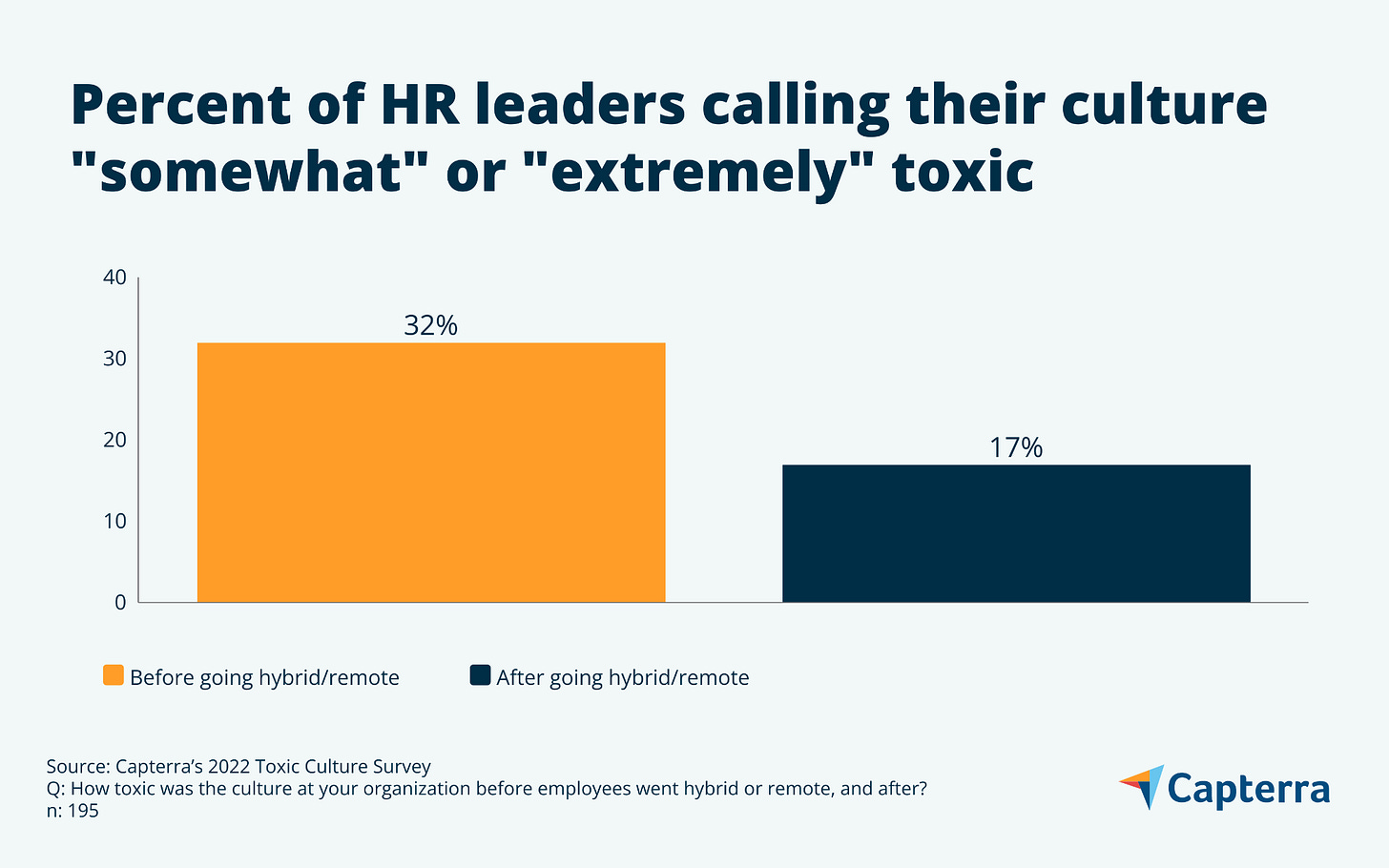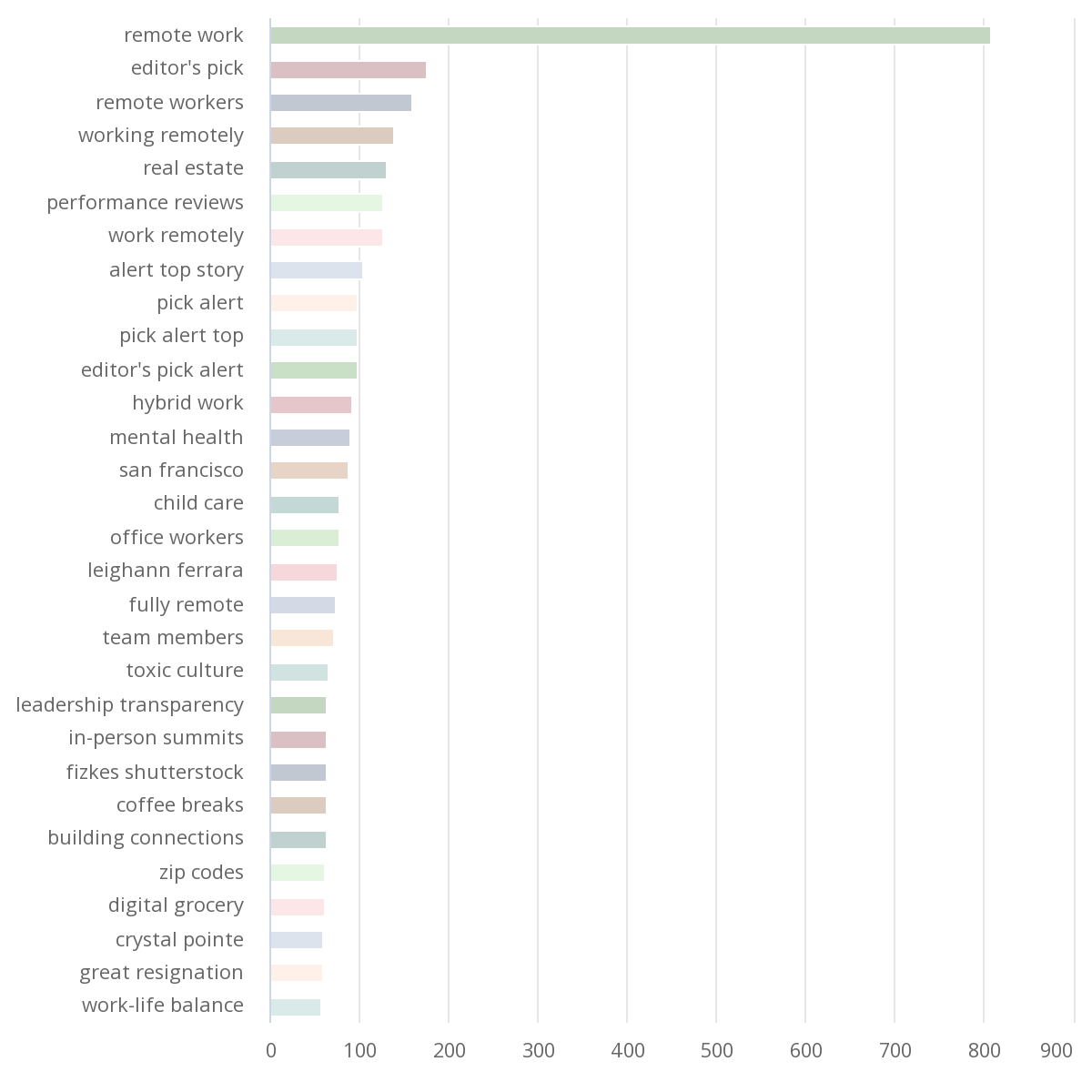
On Wednesday, Elon Musk reignited the conversation on remote work after the leak of an email that he sent to his executive team at Tesla. The email stated that employees would be required to either return to work in person or leave the company as an alternative. Musk followed this statement up by saying that these employees should “pretend to work somewhere else” if they want to work remotely.
While the Tesla CEO casts doubt on the effectiveness of remote work, it is important to look at the national conversation in U.S. Media.
Since the beginning of the pandemic, remote work has become commonplace in most office-centric positions. Whether it be remote meetings, a hybrid work environment, or a complete move out of the office, this shift has shaken up the American work culture. While employees boast the benefits of avoiding costs and strains associated with work in the office, corporations continue to push back on the sustainability of working from home.
For many employees, the move out of the office has been a huge relief from juggling personal life and work. Those who have made the full-time switch to remote work cite less time commuting, a better work-life balance, as well as increased productivity as benefits of working from home. These positives are numerous and have been reported widely by the media.
A keyword analysis for U.S. media sources appears to back up the benefits associated with working from home. Narrative Intelligence from EdgeTheory captures unique mentions of these benefits from the media.
One interesting top phrase is “child care” with 78 different mentions over the past 15 days. As parents are used to taking care of their children, the long office hours can be difficult to maintain. Political action has even been taken to offset the costs associated with in-person work. Virginia governor Glen Youngkin signed legislation to allow for extra telework days to accommodate these parents. Increased ability to take care of children is just one benefit of remote work.
Another popular phrase associated with remote work is work-life balance. Work-life balance has been mentioned by 60 different media sources. A closer look shows that this sort of balance is a consistent reason given for going remote. Remote work allows for individuals to get their work done on their time rather than revolving around the typical 9-5 in the office.

Interestingly, “Toxic Culture” also made its way into the mix. This could be related to a Capterra study which found that HR managers were more likely to see a toxic work culture in-person than remote. This phrase was mentioned by 25 different sources in U.S. Media. Avoiding this sort of toxic culture is yet another reason that people have made the shift to remote work.

The media has reflected that this form of work isn't all positive, however. One of the most significant conversations revolves around mental health as 122 different sources in U.S. media mentioned this phrase. The APA conducted a study that concluded that negative mental health impacts of remote work include: “isolation, loneliness, and difficulty getting away from work at the end of the day.”
Despite this, the consensus is not clear. On the other side, competing research finds that working from home actually improves mental health by reducing stress levels and improving productivity. Though the impact is not clear, it is clear that mental health is central to the remote work conversation.
The costs don’t only affect individuals. Some of the top phrases surrounding companies' interest in remote work include “Building connections,” “company culture,” and “quality of work” as the top narratives around remote work. While each company is suited differently for remote work, these themes tend to present the idea that retaining the environment that defines a company is a major concern regarding remote work. Though remote work tends to present a lot of opportunities for employees, keyword analysis shows that this may be at the cost of their employer.
Also notable is the term “great resignation” making the list, referring to the massive trend in which employees have quit their jobs en masse beginning in early 2021. In terms of remote work, this could be pointing toward the idea that many people would rather quit their job than return to in-person work. Though remote work was essential for a while, CEOs are admitting that getting into remote work was a lot easier than getting out. This shift indicates that employers might be on the losing side of this new way of working.
Finally, valuable insights come from looking at where this narrative is taking place. While every state has had to grapple with remote work, Silicon Valley tech companies have effectively led the charge for the remote work revolution. This has become clear as 26 different sources covering issues in California have led the narrative in U.S. Media.
While companies have presented varying degrees of accommodation for remote workers, the conversation has become clear. Remote work tends to give employees a lot of personal benefits, and corporations a lot of concerns. Though this type of work can be a very effective format for employees with no alternative, the media has shown that there is much skepticism from the side of the employer.
Using Narrative Intelligence to track trends in U.S. media shows that Elon Musk’s comments are just one part of an important conversation about the future of work.